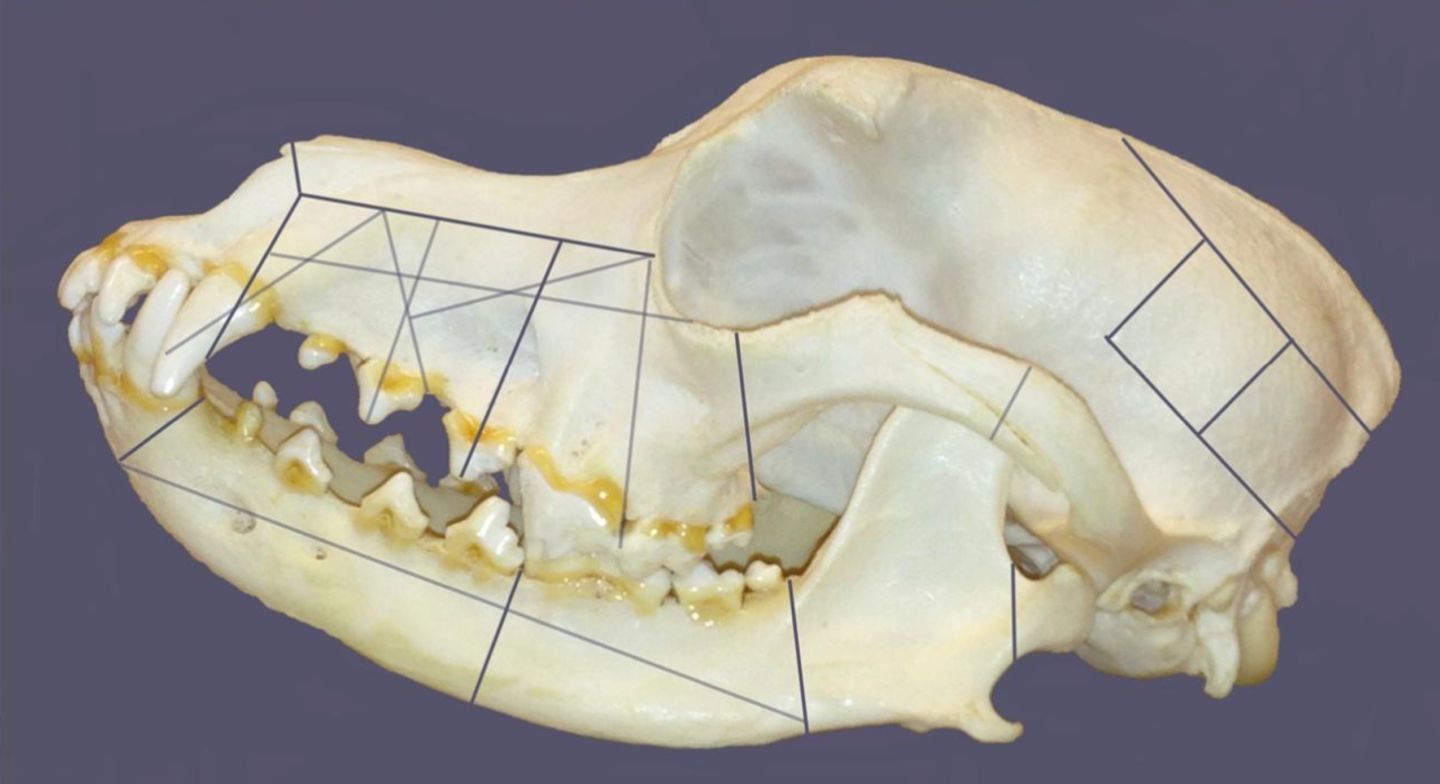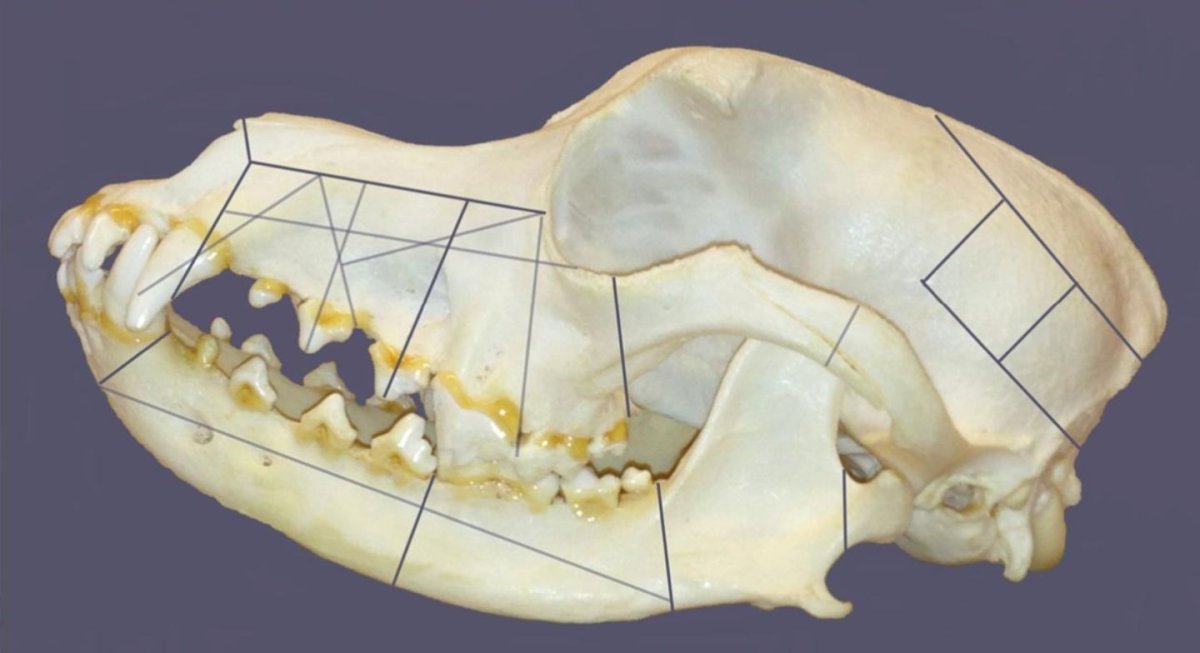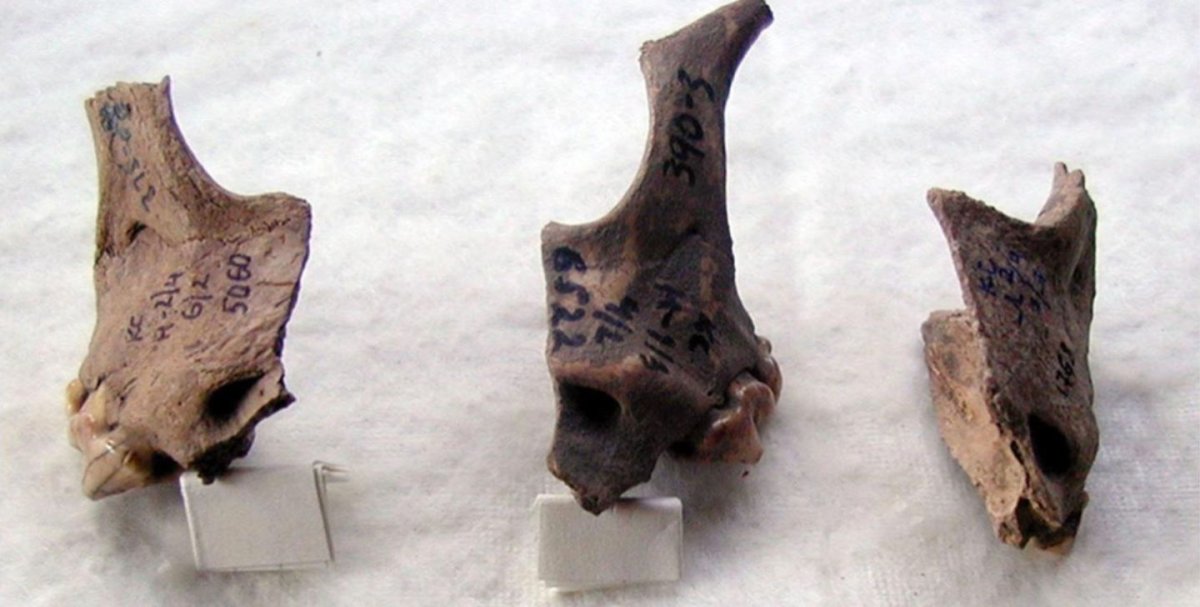
Members of a Bronze-Age culture that lived along the Russian steppes not only practiced ritual sacrifice of dogs and wolves, their young men then ate them as part of an initiation ceremony evoking the mythological transformation into a werewolf.
Archaeologists discovered the charred remains of more than 60 canine species—almost all dogs, but a few wolves—at the Srubnaya-culture settlement of Krasnosamarskoe. Eating dogs would have been considered taboo at the time, yet the researchers found evidence that the ritual was performed by this particular community repeatedly as a possible ritual ceremony marking when teen boys entered manhood. A paper detailing the finds was published in the Journal of Anthropological Archaeology.
The dogs and wolves themselves were first roasted and then fileted, and the overall practice draws enough parallels to Indo-European mythology for the researchers to theorize about its meaning.
"Their heads were chopped into small standardized segments with practiced blows of an axe on multiple occasions throughout the occupation," the researchers wrote in their paper. "[W]e argue that it was an initiation into the widely attested [Indo-European] institution of the youthful male war-band, symbolized by transformation into a dog or wolf."

Once they'd eaten the canine flesh and were believed to have absorbed its powers, the young men formed 'war-bands' and raided neighboring communities. In a previous paper, Brown wrote that the symbolic association between dogs and death is so pervasive that war-bands like these also appear in Greek, Latin, Celtic, Germanic, and Indo-Iranian cultural practices.
The settlement dates to approximately 1900–1700 B.C. The Srubnaya lived a partly hunter-gatherer lifestyle, but also kept some domesticated animals. The archaeologists discovered some human bones from the Srubnaya themselves, mostly belonging to children, but also found a pit containing the bones of dozens of dogs. The careful way they'd been arranged suggested that the killings were all ritualistic. The dogs (and wolves) weren't eaten for everyday sustenance, but killed in the wintertime for coming-of-age ceremonies.
The paper's authors, David Anthony and Dorcas Brown, both anthropologists at Hartwick College, believe the canines were actually the domesticated companions of the boys who, when they became teenagers, were tasked with killing and eating them. Similar pits they'd discovered in the past contained bones of canines approximately 7 to 12 years old at the time of their deaths—meaning, lifelong pets. That the ritual killings all took place in wintertime is significant because that would signify the onset of raiding season, for which the boys must become men able to protect their community.

"That makes a lot of sense," Brown told National Geographic after discovering one such pit in 2013. "[Y]ou have to train people to kill."
The mythology of the time held that dogs and wolves had magical powers, and that men who became dogs—werewolves, in other words—could tap into those powers, too.
Uncommon Knowledge
Newsweek is committed to challenging conventional wisdom and finding connections in the search for common ground.
Newsweek is committed to challenging conventional wisdom and finding connections in the search for common ground.
About the writer
Kastalia Medrano is a Manhattan-based journalist whose writing has appeared at outlets like Pacific Standard, VICE, National Geographic, the Paris Review Daily, ... Read more
To read how Newsweek uses AI as a newsroom tool, Click here.








